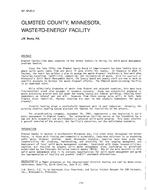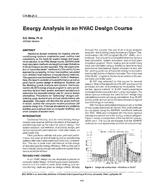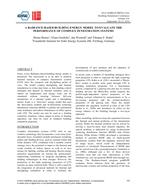For many years it has been desirable to be able to determine directly man’s predicted thermal sensation in a given environment. This determination has been difficult because-in order to sustain thermal comfort a balance must be achieved between no less than six parameters.
The ideal solution would be to determine the expected degree of thermal sensation with a single instrument. To enable us to do this, it is necessary to have a well defined unit to represent the degree of thermal sensation.
Such a unit appeared in 1970 when Fanger defined the PMV (predicted mean vote) index.(1) This index gives the expected degree of thermal comfort in relation to all six thermal parameters.
The comfort equation describes the conditions under which a large group of people will on average vote for being neither too hot nor too cold on Fanger’s PMV scale. The problem has been to combine the comfort equation with the different degrees of thermal discomfort as given on the PMV scale.
A new instrument developed at the Thermal Insulation Laboratory of the Technical Universityof Denmark gives direct information on the occupant’s expected thermal sensation.
Citation: ASHRAE Transactions, Volume 82, Part 1, Dallas, TX
Product Details
- Published:
- 1976
- Number of Pages:
- 16
- File Size:
- 1 file , 1.2 MB
- Product Code(s):
- D-DA-2383


